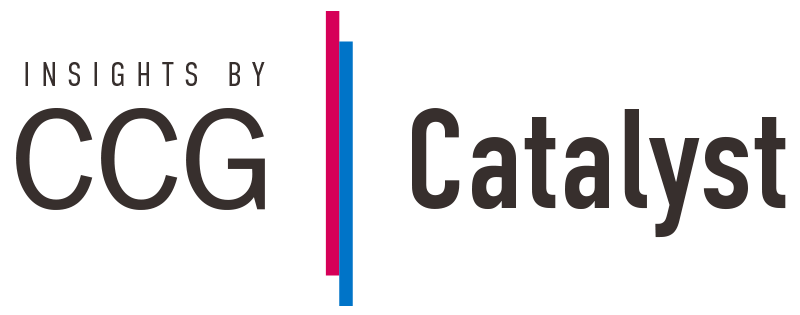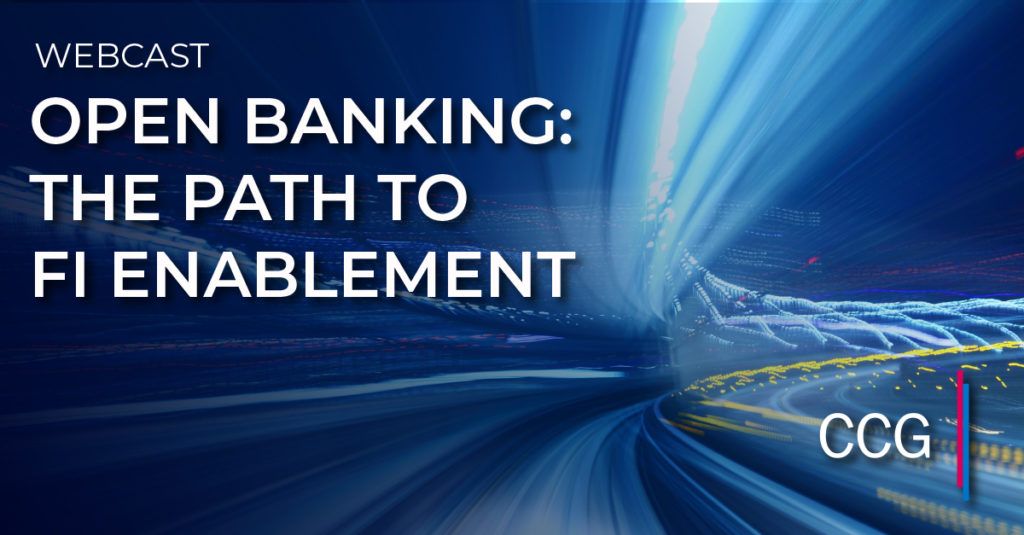Is It Finally Time for Open Banking’s Debut in America?
While the concept has been expanding rapidly around the world, chiefly through government impetus to encourage digital innovation, it has been slow to start in the U.S. Financial institutions here have historically regarded open banking as a competitive threat. As potential advantages surface, some financial providers are warming up to it.
U.S. financial institutions have been told for years that open banking is coming sooner or later. Bankers and credit union executives can be excused for regarding this with some trepidation.
The business case for open banking is uncertain to many. The downsides they find all too apparent, especially given that the rollout of open banking in Europe and elsewhere around the globe has been anything but smooth.
What does open banking really mean for U.S. financial institutions? Will it produce revenue? How can the potential pitfalls be overcome? And what has been the experience of institutions in jurisdictions where open banking is already law?
What Open Banking Means
Before we dive into the issue, let’s clarify what open banking really means. The concept is built on application programming interfaces (APIs), which have been operating on the web for 20 years. Salesforce was among the first to enter this space.
Many of us actually use APIs in our everyday lives and have been for some time. In their first decade, APIs enabled services like the photo-sharing site Flickr to allow embedding of photos in blog posts. One prominent early example was the API provided by Google Maps that allowed wedding guests the ability to see the directions to the event venue on the wedding site, rather than following a link somewhere else.
The use of APIs permeated the tech industry as Twitter and eBay launched their APIs in response to third-party software using scraping technology to collect and share tweets and product listings. This hit too close to home for many financial services companies.
Screen scraping technology has been around since the early days of the internet (and of online banking) and remains in active use, but comes with a number of problems. Most important of these, from financial institutions’ perspective, is giving login credentials to a third party without setting strict limits on that access, which is neither elegant nor ideal. But even companies known for their use of APIs, such as Plaid, have resorted to screen scraping when API connections were not possible.
Despite such drawbacks, APIs in their simplest form fulfill the promise of the early web. Far better than hyperlinks, APIs allow websites to be truly connected, and for data to flow in a controlled fashion from one repository to another. What traditional financial institutions are being pressured to do now is offer publicly available APIs for developers. Open banking takes this concept one step further as it explicitly refers to a regulatory framework mandating access.
Keep reading on The Financial Brand
Subscribe to CCG Insights.








